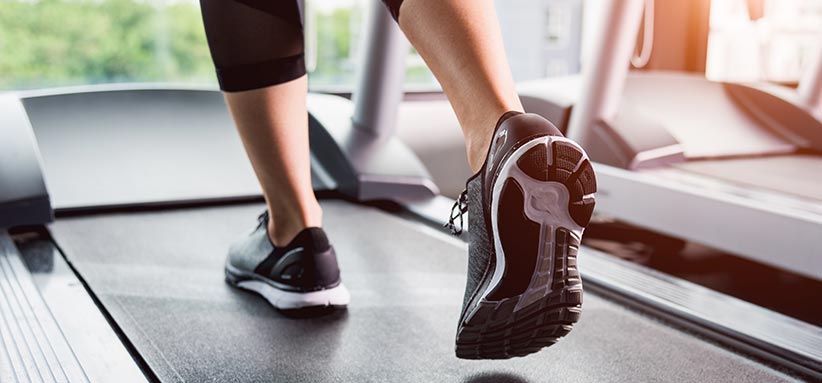A running assessment is an effective way to prevent injuries, treat any pain or improve your performance. Our physiotherapists will analyze your running pattern and your training parameters to establish a treatment plan based on your goals and provide you with lots of advice.

Why consult a physiotherapist for a running assessment?
The running assessment is for runners of all levels. You can consult to:
- Start running safely and develop good habits from the start
- Relieve pain related to running
- Improve your performance (like distance, speed, etc.)
- Prevent injuries
- Get tips for choosing the right running shoe
How does a running analysis work?
Your physiotherapist will first ask you questions to fully understand your goals and target what is most important to you. The assessment includes:
- A functional analysis of the movements: this is used to assess the strength, flexibility and stability of running-specific muscles as well as their ability to perform movements well.
- An evaluation of your running gait: this helps to examine the execution of the movement during the race and to identify the technical errors which risk decreasing performance and causing injuries. Your physiotherapist will also assess your running shoes.
- A check of your training parameters: this will help you to modify, if necessary, all the factors relating to training (such as distance, speed, intensity, frequency, etc.) which risk generating too much mechanical stress.
After the assessment, your physiotherapist will provide you with a personalized exercise program as well as advice on how to correct the factors that led to your injury (or that could cause injury in the future). Your treatment plan may also include in-clinic follow-up sessions.
Frequent questions
Does the insurance reimburse the running assessment?
Yes, if your insurance covers physiotherapy, you will get reimbursement since this service is provided by physiotherapists.
How long does a running assessment take?
A running assessment session usually lasts one hour.
What should I bring to the appointment?
- Tight-fitting sportswear (avoid loose clothing to facilitate observation)
- Your running shoes


